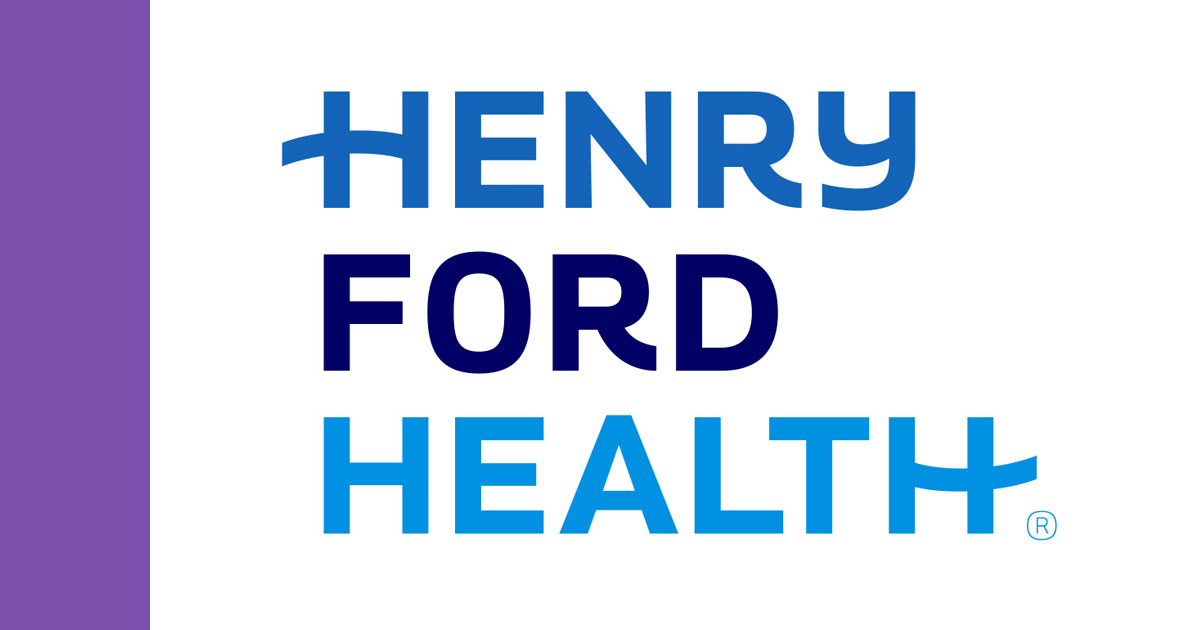The drug wasn't banned it was still prescribed.
Minnesota Gov. Tim Walz has lifted restrictions he set in March on how the malaria drug hydroxychloroquine is dispensed, saying a run on the drug is no longer feared because it has no proven benefit in treating COVID-19.
Minnesota Gov. Tim Walz has lifted restrictions he set in March on how the malaria drug hydroxychloroquine is dispensed, saying a run on the drug is no longer feared because it has no proven benefi…

www.twincities.com
Walz initially limited how hydroxychloroquine and chloroquine could be prescribed to ensure patients with lupus, rheumatoid arthritis and other chronic medical conditions who relied on the drug didn’t face shortages.
I use my links because this link is not connected to the echo chamber.
It was banned for off label use, which means it was not legally available for the treatment of covid 19. When a governor tells you doctor what to prescribe for you, it's time to look for a new governor.
It was available for inpatient treatment only. Outpatient treatment was restricted so that the drug supply could be utilized for people who actually needed it rather than shoveling it out to people who just wanted a placebo.
Since the drug is no longer being prescribed in any significant frequency for COVID because of lack of efficacy, there is no need for the restriction anymore.
That's simply not true.
DETROIT – Treatment with hydroxychloroquine cut the death rate significantly in sick patients hospitalized with COVID-19 – and without heart-related side-effects, according to
a new study published by
Henry Ford Health System.
In a large-scale retrospective analysis of 2,541 patients hospitalized between March 10 and May 2, 2020 across the system’s six hospitals, the study found 13% of those treated with hydroxychloroquine alone died compared to 26.4% not treated with hydroxychloroquine. None of the patients had documented serious heart abnormalities; however, patients were monitored for a heart condition routinely pointed to as a reason to avoid the drug as a treatment for COVID-19.
The study was published today in the International Journal of Infectious Diseases, the peer-reviewed, open-access online publication of the International Society of Infectious Diseases (ISID.org).
Patients treated with hydroxychloroquine at Henry Ford met specific protocol criteria as outlined by the hospital system’s Division of Infectious Diseases. The vast majority received the drug soon after admission; 82% within 24 hours and 91% within 48 hours of admission. All patients in the study were 18 or over with a median age of 64 years; 51% were men and 56% African American.
“The findings have been highly analyzed and peer-reviewed,” said Dr.
Marcus Zervos, division head of Infectious Disease for Henry Ford Health System, who co-authored the study with Henry Ford epidemiologist Samia Arshad. “We attribute our findings that differ from other studies to early treatment, and part of a combination of interventions that were done in supportive care of patients, including careful cardiac monitoring. Our dosing also differed from other studies not showing a benefit of the drug. And other studies are either not peer reviewed, have limited numbers of patients, different patient populations or other differences from our patients.”
Zervos said the potential for a surge in the fall or sooner, and infections continuing worldwide, show an urgency to identifying inexpensive and effective therapies and preventions.
“We’re glad to add to the scientific knowledge base on the role and how best to use therapies as we work around the world to provide insight,” he said. “Considered in the context of current studies on the use of hydroxychloroquine for COVID-19, our results suggest that the drug may have an important role to play in reducing COVID-19 mortality.”
Read "Hydroxychloroquine: An Open Letter to the Community & Beyond" here
The study also found those treated with azithromycin alone or a combination of hydroxychloroquine and azithromycin also fared slightly better than those not treated with the drugs, according to the Henry Ford data. The analysis found 22.4% of those treated only with azithromycin died, and 20.1% treated with a combination of azithromycin and hydroxychloroquine died, compared to 26.4% of patients dying who were not treated with either medication.
“Our analysis shows that using hydroxychloroquine helped save lives,” said neurosurgeon
Dr. Steven Kalkanis, CEO, Henry Ford Medical Group and Senior Vice President and Chief Academic Officer of Henry Ford Health System. “As doctors and scientists, we look to the data for insight. And the data here is clear that there was benefit to using the drug as a treatment for sick, hospitalized patients.”

www.henryford.com
This was probably the study that caused Walz to reverse his position but it is far from the only study that has shown hydroxychloroquine to be an effective therapy for covid 19 when administered early.

www.palmerfoundation.com.au


